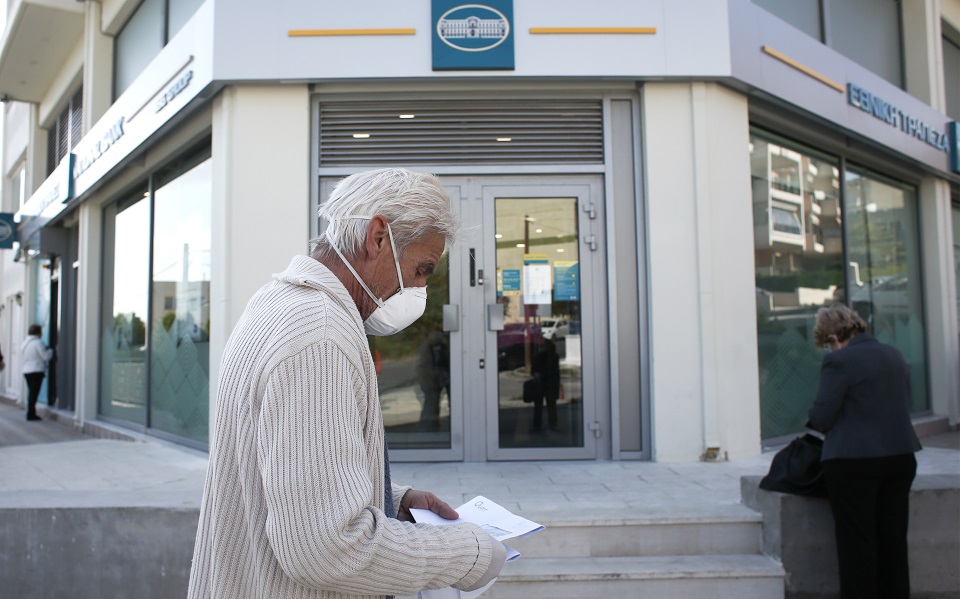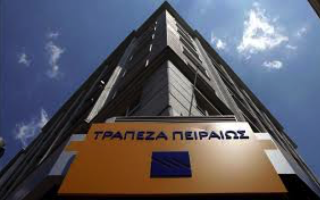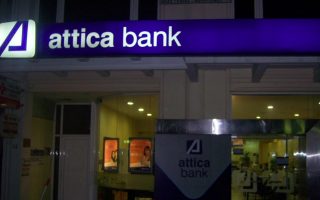Worry over a new generation of bad loans

Banks and bad-loan servicers are on alert regarding the behavior of loans that have entered a government support program that subsidizes the monthly installments, in order to prevent a new generation of nonperforming loans.
This concerns the Gefyra 1 program, which provides for the subsidization of loans secured against a borrower’s main residence. Some 82,000 debtors have joined it, with total dues of 6 billion euros. The state subsidization has been gradually coming to an end since the start of the year, depending on the time of entry into the program.
There is also a similar worry over the 13,000 enterprises that have debts of €5.4 billion and have joined the Gefyra 2 program; their subsidies will end within the year’s first half. Therefore a sum of €11.4 billion of credit is about to come out of state support.
Addressing the Fin Forum on Thursday, National Bank Director General for Corporate and Retail Banking Loan Management Fotini Ioannou noted that banks have not had any indications of delays to date; however, uncertainty from both geopolitical developments and the reduction of disposable incomes due to soaring energy costs and rising inflation requires caution in order to prevent the forfeiture of those obligations.
There were similar concerns expressed by the president of the servicers’ association and chief executive at doValue Greece, Tasos Panousis: He explained that these loans are under close monitoring by servicers, as installments for the servicing of those loans will soon burden only the borrowers.
Kathimerini data show that 67,000 debtors in the Gefyra 1 program have already lost state support, and depending on whether their loan was performing or not, they will have to pay the entire tranche each month out of their own pocket for the next six to 18 months; otherwise they will have to return the subsidies received to the state.
There is a similar clause for the enterprises that entered the Gefyra 2 program, a provision that bank officials say will serve as an incentive against delays in the repayment of those loans.
Ioannou noted that as “Greek banks have set as a target an NPL index below 10% by end-2022, the start of the new bankruptcy code is a significant parameter.”





